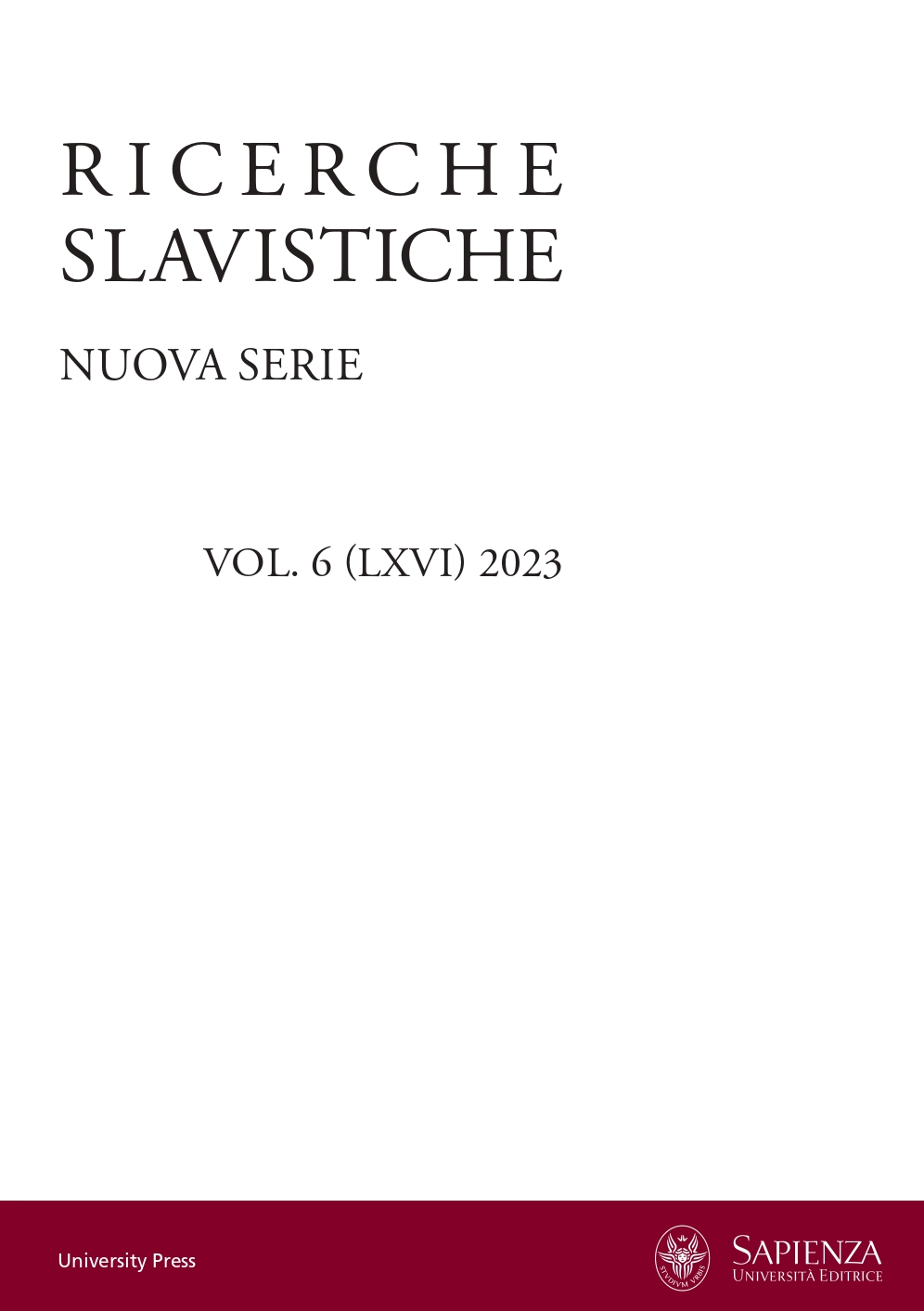Giovanna Brogi’s contribution to the Polonistic Studies
Keywords:
Giovanna Brogi Bercoff, Polish Studies, Early Modern Historiography, Plurilingualism, BorderlandAbstract
This article aims to assess Giovanna Brogi's contribution to Polish studies. Brogi's scholarly research has always been characterised by an interdisciplinary and wide-ranging approach, therefore even studies strictly related to Poland and its culture only receive their proper place within broader research. These can be traced back to two areas. The first twenty years of Brogi's scholarly career were devoted to the study of seventeenth-century historiography, with a particular focus on the learned historiography of the Counter-Reformation. Brogi has shown how this current formed a bridge between humanistic and Sarmatian historiography and that of the Enlightenment, from which modern historiography usually begins.Her interest in the Baroque and the Eastern Slavic world later led her to focus on Ukrainian literature in the early modern age. These studies may appear peripheral or marginal in relation to Polish studies, in fact, they probably constitute Brogi's most relevant heuristic and theoretical contribution to the discipline. Having thoroughly studied the phenomenon of multilingualism in Ruthenian lands, Brogi actually analysed a phenomenon that we propose to call polonophony here, in analogy with the concept of francophony, i.e., the use of the Polish language by authors of Ruthenian nationality from the eastern border territories. These surveys play a significant role in revising the very canon of Polish literature and the paradigm of Polish studies, as they highlight the possibility of devising alternative and parallel narratives that do greater justice to the complex interweaving of languages and cultures in the countries once belonging to the Polish-Lithuanian Confederation.Downloads
Published
2024-03-26
Issue
Section
On the 80th birthday of Giovanna Brogi


